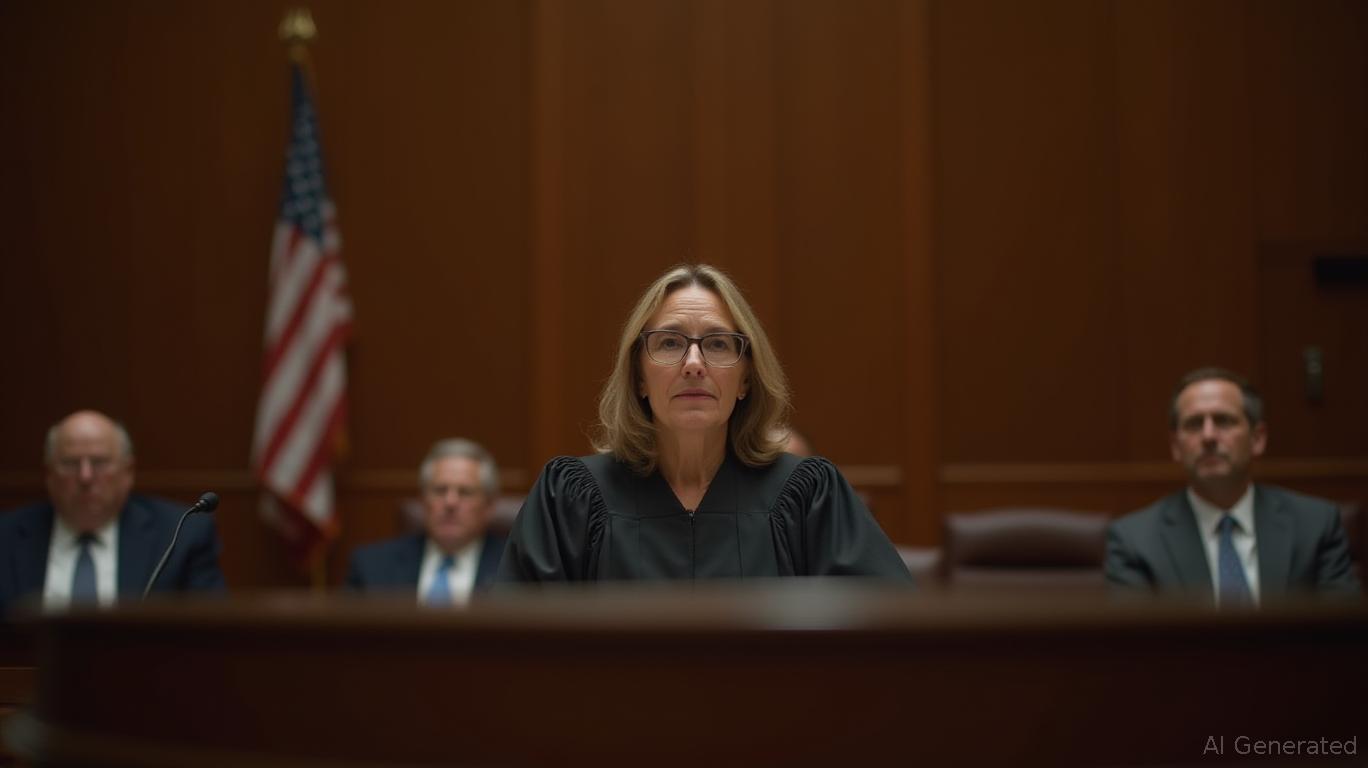Court Upholds Federal Authority to Exclude Crypto Banks Due to Systemic Risk
A federal appeals court has confirmed the Federal Reserve's authority to deny Custodia Bank a master account, strengthening the central bank's ability to turn down applications from crypto-oriented banks due to concerns about systemic risk, as reported by a

Custodia, a Wyoming-based special purpose depository institution (SPDI) established by ex-Wall Street executive Caitlin Long, maintained that the Fed's denial breached statutory requirements mandating payment services for all qualifying depository institutions. The bank's lawsuit, which began in 2022 over alleged delays in processing, later shifted focus to challenge the Fed's right to refuse the account altogether, as outlined in a
This decision is consistent with the Federal Reserve's position that Custodia's crypto-focused business model presents risks that do not align with "safe and sound banking practices." The Kansas City Fed, which reviewed the application, pointed to issues such as volatility, regulatory uncertainty, and the complexities of integrating digital assets, as mentioned in a
The ruling featured a strong dissent from Judge Timothy Tymkovich, appointed by George W. Bush, who argued that the Fed's statutes require access for qualifying institutions. "This case is framed in modern terms: cryptocurrency, digital assets, instant wire transfers, and master accounts," Tymkovich stated. "But the underlying issue is not new." His dissent focused on how the law should be interpreted, stressing that the Fed's discretion should not override explicit legislative mandates, as noted by
Custodia has suggested it may request a rehearing, referencing the dissent and a related Ninth Circuit decision that could result in conflicting rulings across jurisdictions. The bank also alluded to possible changes in Fed leadership, suggesting that new chairs under the Biden administration might be more open to crypto. Fed Governor Christopher Waller recently floated the idea of streamlined "skinny" master accounts for banks focused on innovation, indicating potential regulatory changes, according to Decrypt.
This outcome highlights the Fed's prudent stance toward integrating crypto into the banking system, even as the sector evolves. With no crypto banks having secured a master account despite meeting eligibility requirements, the decision points to ongoing concerns about systemic risk and regulatory certainty. Caitlin Long, Custodia's founder, described the dissent as "the next best thing" to a victory, suggesting further legal or policy developments could still occur, as reported by Cointelegraph.